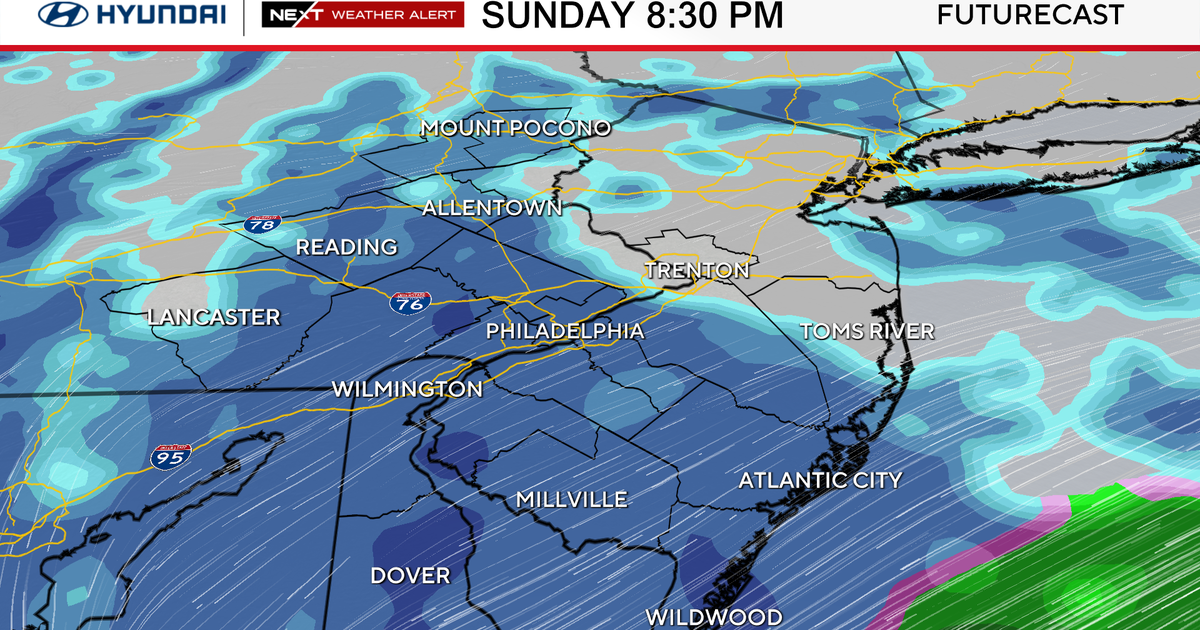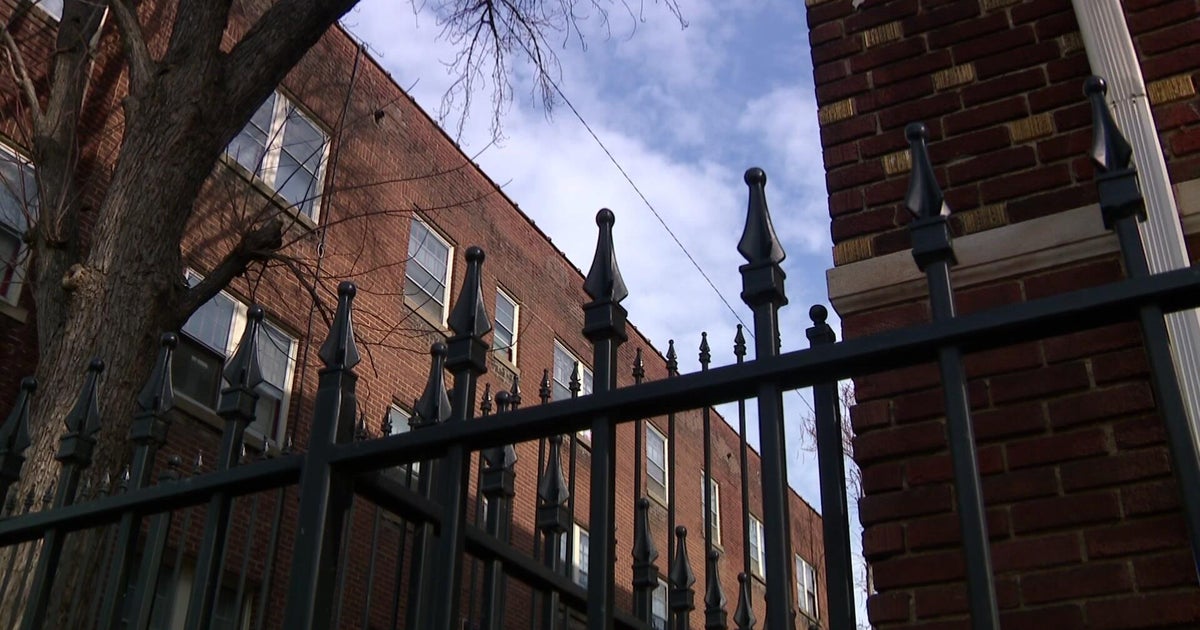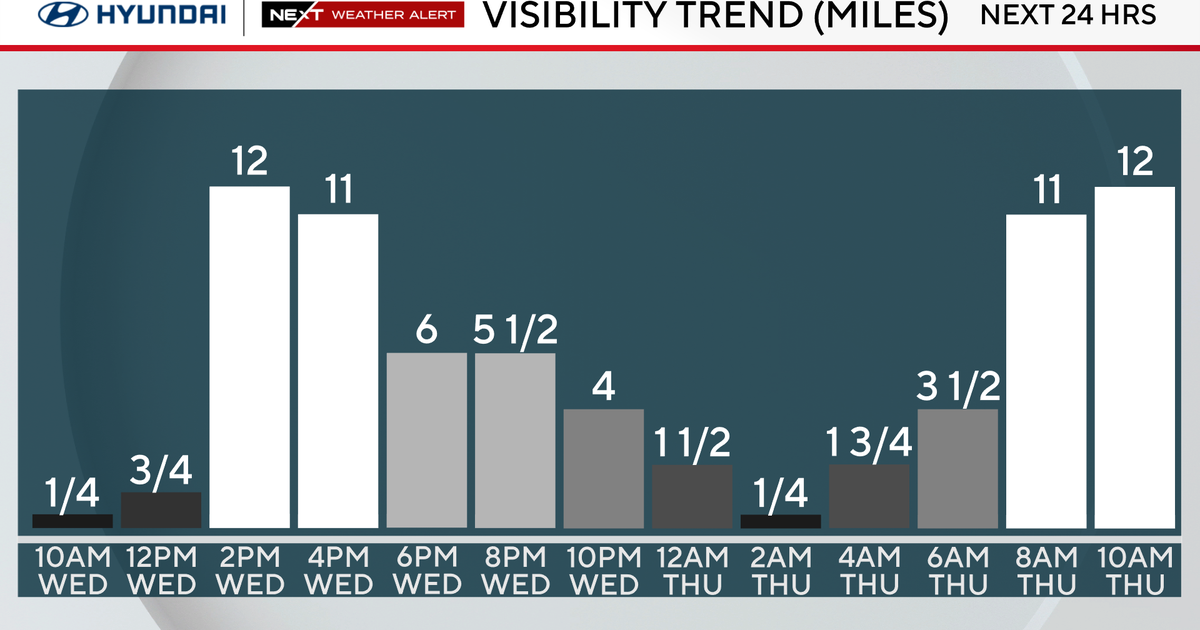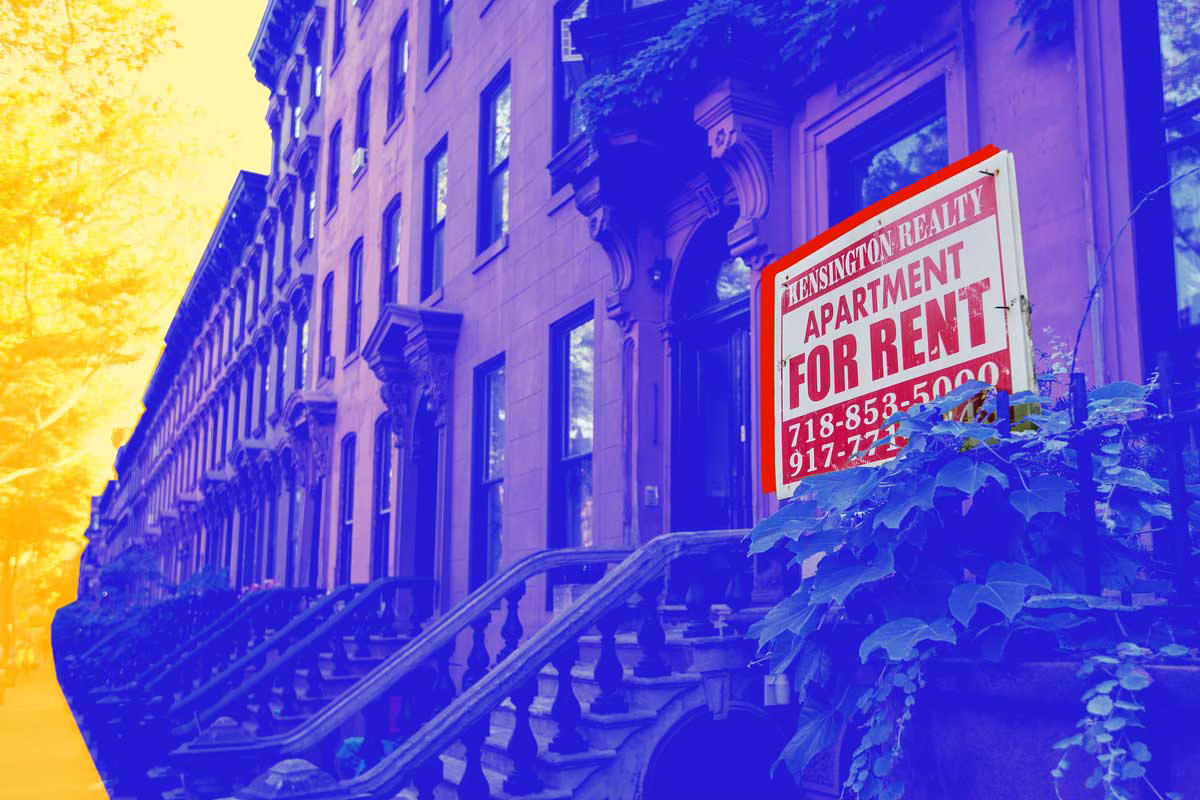Small towns may have "a longer road ahead" in America's economic recovery from the coronavirus pandemic
The coronavirus pandemic has had a devastating effect on small towns. Along "Main Street America," stores are cautiously reopening, and some people are venturing out, but life is just not the same.
Nicole Defour opened Quench Cafe in Stroudsburg, Pennsylvania, in 2009 after moving in with family when the New York investment firm she worked for, Lehman Brothers, collapsed in the mortgage meltdown.
And while the setting may be different, the feeling of financial loss is familiar, with revenue down 90%. Defour is only able to pay her rent by not paying her own salary.
"It's personal," she told "CBS This Morning" co-host Tony Dokoupil.
Everything is a little more personal in a town like Stroudsburg, where the population is 5,500. Just down the block, Andrea Snyder lost thousands of dollars and laid off her staff at Jade Hair Salon.
She has been in business for 25 years and never had to close prior to the pandemic, even when she had cancer twice. She was preparing for business to start up again, but her biggest loss from the pandemic is her mother.
"We did everything we could," Snyder said. "My mother was ... surrounded by the most wonderful nurses and aides, and they brought her to the window when we went there to see her and try, you know, it's the hardest thing. It's the distance, it's not being able to be with your loved ones, not being able to hug and kiss and tell them that you love them."
After all she's been through, Snyder said she's amazed by the support she's getting.
"If we can just hold it together, you know, we just have to hold it together. We have to keep our hearts in the right place, so this way we can move forward," she said.
Snyder said some businesses aren't able to come back.
"But, you know, we'll take care of them. Everybody will gather around and we'll, you know, we'll do what needs to be done," she said.
That spirit, it seems, is a small-town characteristic.
"A particular thing that people often are craving at this moment in American history, which is a sense of connection," said James Fallows, co-author of "Our Towns: A 100,000-Mile Journey into the Heart of America."
No other city has been impacted more by the virus than America's largest, New York, until now, Fallows said.
"The longer-term concern about what it will take to rebuild, to re-attract residents, to restore small businesses, to regain a sense of momentum, that concern is more widespread in smaller towns, and they think they have a longer road ahead of them," he said.
But people in small towns have experienced crises before, Fallows said.
"A town that has already been around for 100 years or more has already been through a lot. It was through the Great Depression. It was through world wars. It's been through the financial shocks of the last 20 or 30 years. So people there know how to reinvent themselves. Their challenge will be to reinvent themselves yet again," he said.
Yet re-invention could be tough for people like record store owner Tom Lefevre.
In record stores, people tend to browse and talk to the person behind the counter. "It's definitely a personal experience," Lefevre said.
That experience has changed a bit at Main Street Juke Box, a shop that's already survived, among other things, the age of digital music.
It's been a couple of months since someone walked in the door, Lefevre said. But, it's not the first time he hasn't had business for that long.
"Twelve, 13 years ago, I was across the street, … and there was a fire, and I lost my whole business," he said. "I was down for probably a couple months until I got insurance money, and then I landed in here."
Insurance, however, won't cover the losses from the pandemic. "It was a big shock to be honest with you. I was kind of angry, too," Lefevre said.
The anger and sorrow along Stroudsburg's main street isn't much different than anywhere else. But if you're going to go through a bad time, Defour said her town is a good place to do it.
"People are just asking how am I doing because they want to make sure we stay around and we stay, you know, relevant and we get through this," she said. "I can feel that. I can feel that they really care when they ask me how we're doing. Like how do you put a price on that? That's amazing."



